Lawall
Prosthetics & Orthotics
Expert Care in Custom Prosthetics & Orthotics for Lifelong Mobility
Excellence in Orthotic and Prosthetic Care
Trusted Leader in Custom Prosthetics and Orthotics Services in the USA
Welcome to Lawall Prosthetics & Orthotics, your trusted provider of advanced prosthetics services and orthotics services in the USA. We’re not just healthcare providers, we’re your partners in redefining the possibilities of life with prosthetics and orthotics.
At Lawall, we specialize in custom prosthetics and orthotic braces, empowering our patients to lead vibrant, active, and fulfilling lives. Our seasoned team of orthotists, prosthetists, and certified technicians utilize cutting-edge technology and personalized care to deliver excellence across the USA.
We’re proud to offer a comprehensive range of services, including prosthetic limbs, orthotic devices, and specialized pediatric care. Our team is dedicated to helping individuals overcome their physical challenges and enhance their quality of life.
Polscy gracze coraz śmielej korzystają z kasyn online, które oferują prostą rejestrację, mocne bonusy oraz gry od sprawdzonych dostawców. Popularność zyskują serwisy, które potrafią połączyć intuicyjną obsługę z bogatą ofertą slotów, gier stołowych i kasyna na żywo. Gracze doceniają szczególnie te platformy, które dbają o przejrzystość i szybkie transakcje.
Dużym atutem nowoczesnych kasyn jest dostępność tysięcy gier od cenionych studiów, takich jak Pragmatic Play, Play’n GO, NetEnt czy Evolution. Dzięki temu użytkownicy mogą grać zarówno w klasyczne automaty, jak i nowoczesne tytuły z zaawansowanymi mechanikami bonusowymi. Kasyno live staje się coraz ważniejszym elementem, przyciągając osoby lubiące realistyczną atmosferę gry.
Ważną rolę odgrywają również promocje. Bonusy od depozytu, darmowe spiny, cotygodniowe nagrody oraz turnieje z wysokimi pulami zachęcają do aktywnej gry. Polscy gracze zwracają uwagę również na wygodne metody płatności – BLIK, Przelewy24, karty płatnicze czy e-portfele umożliwiają szybką realizację transakcji.
Osoby poszukujące serwisu z bogatą ofertą, szybkim działaniem i wsparciem dla polskich użytkowników mogą śmiało odwiedzić Good Day 4 Play, który dostarcza kompletne doświadczenie dla miłośników kasyn online.
Coraz więcej użytkowników z Polski poszukuje kasyna, w którym promocje mają realną wartość i przynoszą wymierne korzyści podczas gry. Szczególnym zainteresowaniem cieszą się pakiety powitalne, ponieważ to właśnie one pozwalają zwiększyć pierwsze środki i rozpocząć rozgrywkę na korzystniejszych warunkach. Oprócz bonusów od depozytu ważne są także darmowe spiny, które często dotyczą najpopularniejszych slotów na rynku.
Nowoczesne kasyna oferują również bonusy cashback. Dzięki nim gracze mogą odzyskać część przegranych środków, co stanowi dodatkowe zabezpieczenie dla budżetu i zwiększa komfort psychiczny podczas gry. To rozwiązanie szczególnie cenią osoby grające regularnie.
Duże znaczenie mają także promocje cykliczne, w tym cotygodniowe turnieje, loterie czy oferty limitowane dostępne wyłącznie przez 24 lub 48 godzin. Takie rozwiązania sprawiają, że zabawa nigdy nie stoi w miejscu, a gracze mogą stale odkrywać nowe możliwości.
Polscy użytkownicy coraz częściej kierują uwagę w stronę platform, które dbają o jakość promocji i jasne zasady. Właśnie dlatego dużym zainteresowaniem cieszy się Vox casino bonus, który umożliwia zdobywanie pełnowartościowych nagród w bezpiecznym i dobrze zaprojektowanym środowisku.
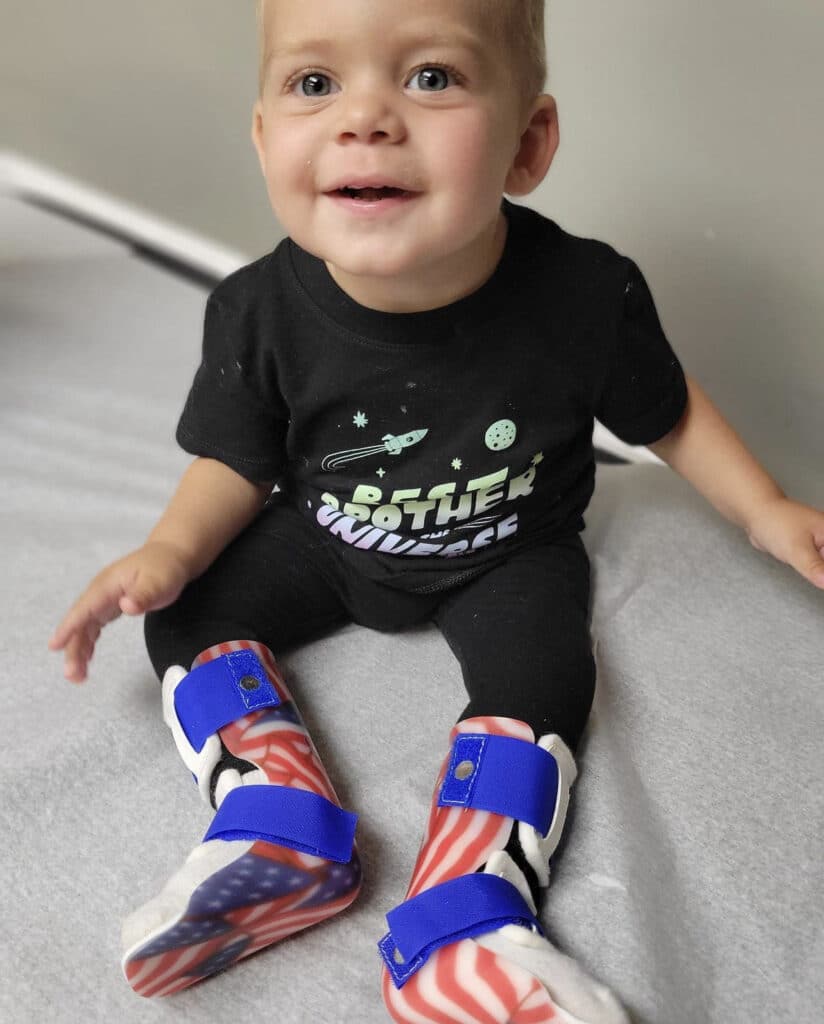
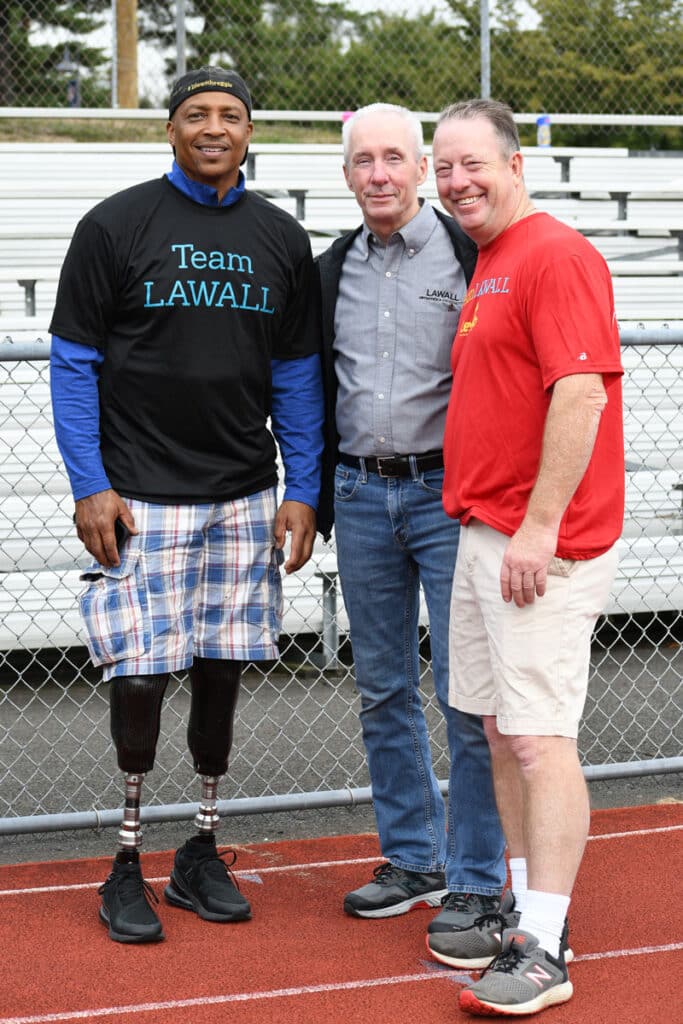

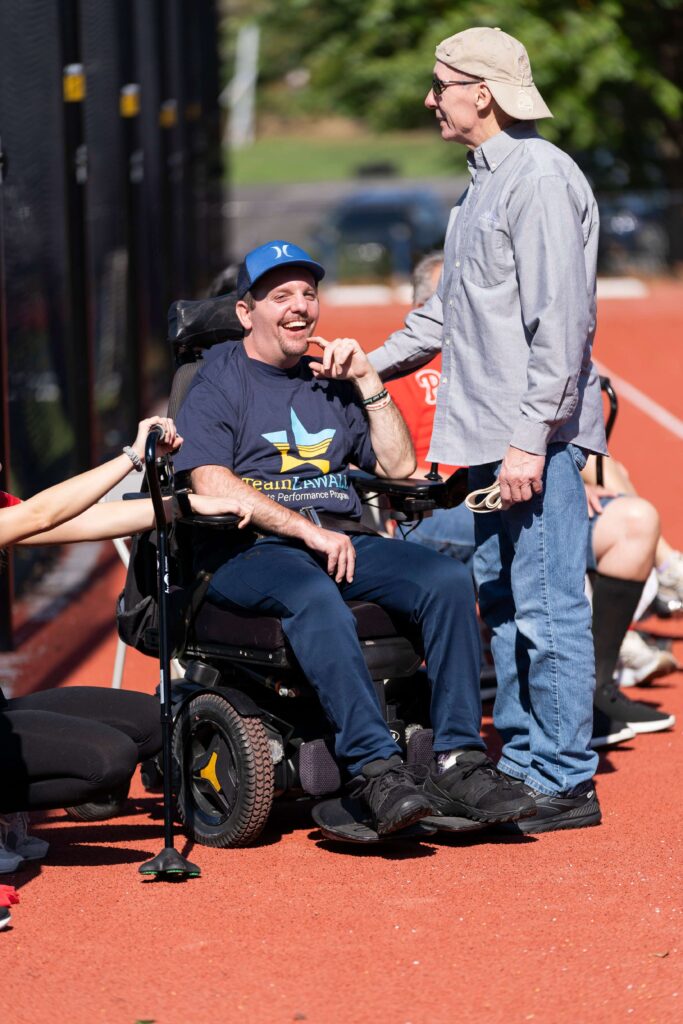
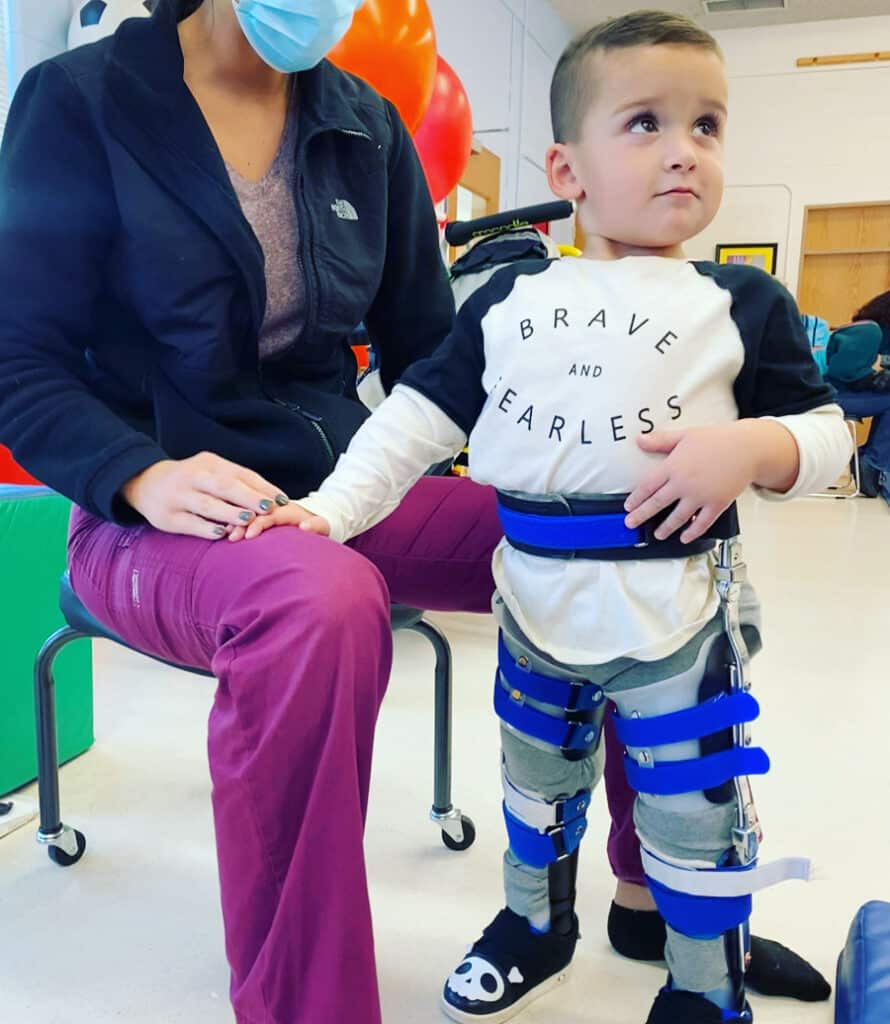
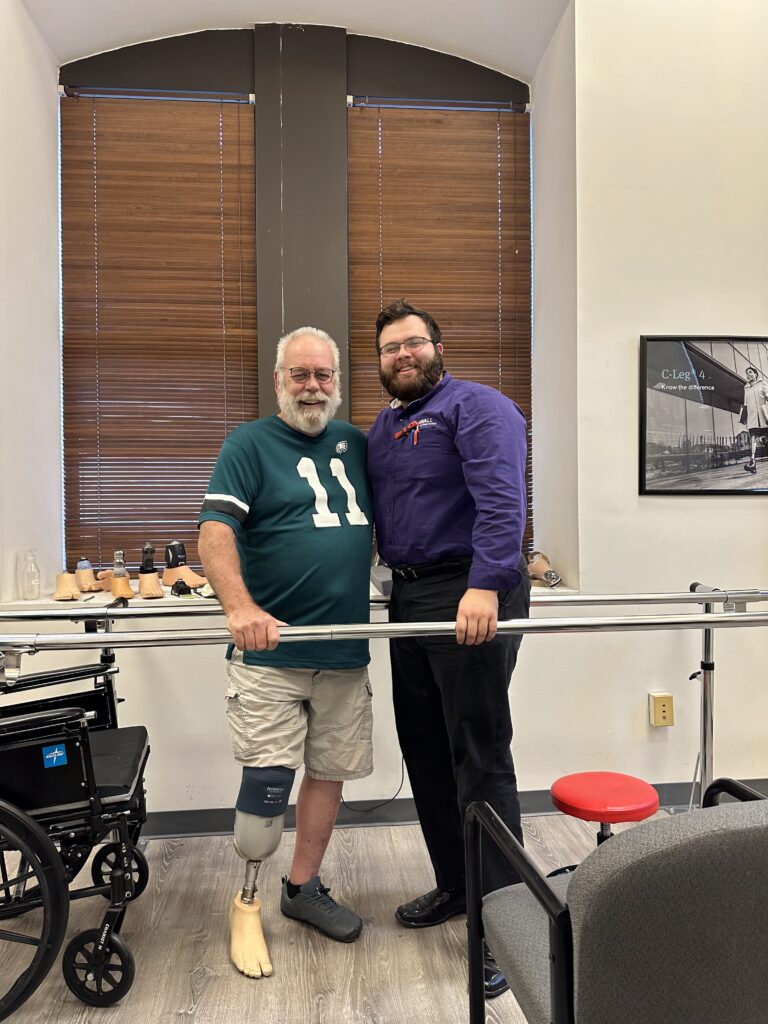



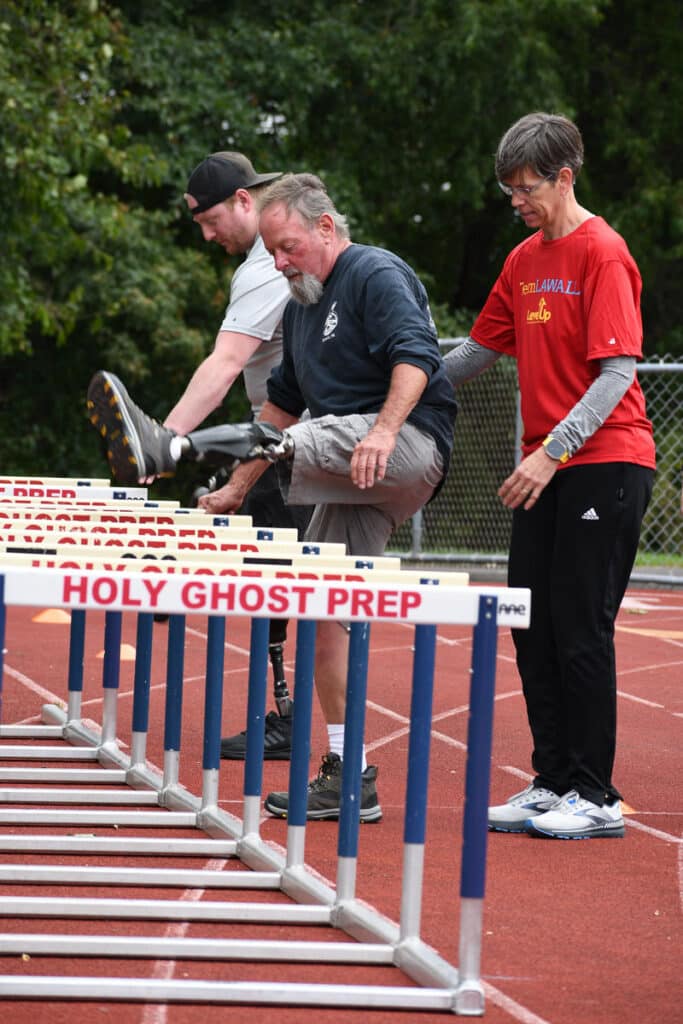

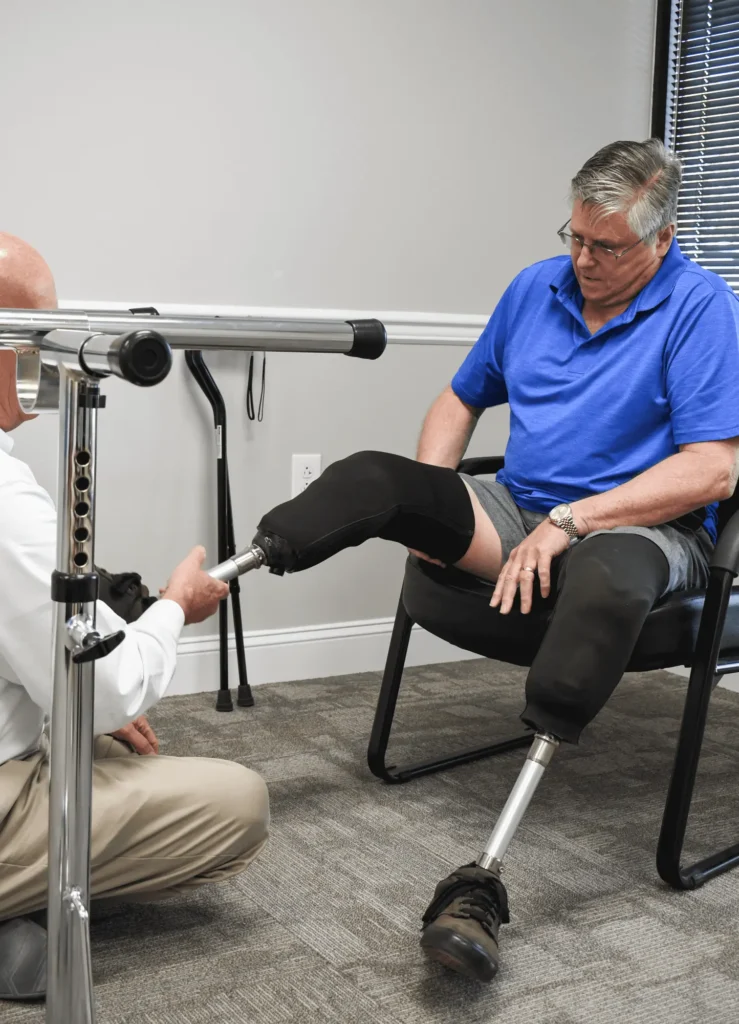
Years of Experience
Orthotic and Prosthetic Specialists
Communities Serviced
Lives Changed

At Lawall, we are dedicated to providing exceptional patient care through our expertise in orthotics, prosthetics, and pediatrics. Our advanced technology enables us to deliver cutting-edge solutions tailored to each patient’s unique needs. From custom-designed orthotic devices that support and guide movement, to state-of-the-art prosthetic components that restore mobility and independence, our certified practitioners continually pursue the latest advancements to ensure the highest standards of care. We also specialize in compassionate pediatric services, offering comprehensive evaluations, precise fittings, and ongoing support to help children thrive. With focus on innovation, quality, and individualized care, Lawall is committed to empowering every patient to live their best life.

Orthotics

Prosthetics

Pediatrics
EmpowerEd is our online educational center, created to support both patients and medical professionals throughout their prosthetic and orthotic journey. We understand that navigating this process can sometimes feel overwhelming, and having access to clear, reliable information can make all the difference. That’s why we built EmpowerEd — to provide 24/7 access to resources you can trust.
Within EmpowerEd, you’ll find a range of materials, including detailed how-to guides, care and use instructions, and answers to frequently asked questions. Every piece of content was developed by our team based on real experiences and common concerns, ensuring that the information is practical, easy to understand, and genuinely helpful. Whether you’re a new patient, a long-time device user, or a healthcare provider seeking quick support, EmpowerEd is here to offer the knowledge and confidence you need, whenever you need it.
At Lawall Prosthetics and Orthotics Services, we understand that every individual is unique. That’s why we specialize in the custom design and fabrication of prosthetics and orthotics. Our team of certified technicians work closely with you to design and create devices that fit your specific needs and lifestyle.

Lawall Prosthetics and Orthotics is a trusted leader in providing custom solutions that restore mobility and enhance comfort for patients of all ages. With expertise in orthotics, prosthetics, and specialized pediatric care, our certified practitioners use advanced technology and innovative techniques to craft tailored, high-quality devices. Committed to personalized care, Lawall works closely with each patient to deliver exceptional outcomes, empowering them to live fuller, more independent lives.
What Are Orthotics & Prosthetics?
Orthotics and prosthetics represent two distinct categories of devices designed to restore mobility and functionality. Unified in purpose, these tools aim to help users surmount physical challenges they face. By augmenting mobility and autonomy, orthotic and prosthetic devices can profoundly enhance an individual’s quality of life, liberating them from perceived limitations.
Orthotics cater to a wide range of needs. Some individuals may have congenital conditions that necessitate their use, or their conditions may have evolved over time to the point where orthotics are beneficial. Others may require orthotics following an accident or injury. Our orthotic devices provide gradual correction or accommodate deficiencies, prioritizing patient wellbeing and mobility.
Orthotic devices can serve many purposes, from assisting in movement to compensating for muscle weakness. At Lawall, we offer a wide range of orthotics designed to meet the unique needs of each patient. Our orthotics can be applied to any part of the body, including the head, spine, arms, legs, hands, and feet. Whether you need an orthotic to reduce strain on a joint, guide the development of a body part, or make it easier to move a particular part of the body correctly, our team of experts is here to help.
Prosthetics, on the other hand, completely replace a limb. Various conditions can result in the loss of a limb, including an accident or disease that requires amputation. Whatever the reason, our prosthetists will work with you to consider your needs and background when picking the prosthetic that will be most effective for you. If you have more questions about prosthetics and the cost of prosthetics, please contact us directly.
Prosthetics come in various forms, each designed to replace a specific part of the body. At Lawall, we offer many different types of prosthetics: partial hand, transradial, transhumeral, shoulder disarticulation for the arms, partial foot, transtibial, transfemoral and hip disarticulation for the legs. Our team will work closely with you to choose the best type of prosthetic for your needs, taking into account factors such as your lifestyle, health, and personal preferences.
Getting An Orthotic or A Prosthetic Device
Choosing an orthotic or prosthetic device is a highly personalized process. At Lawall, we understand the importance of finding the right device for your needs. Our professionals work closely with you to choose the best device, looking at more than basic functionality, but also the types of activities you enjoy and want to pursue, providing adaptability as you progress in rehab, and customization down to design and colors. We take the time to discuss all options and why one might be preferable for you.
Tough times don’t last but tough people do
How to Make an Appointment
Please contact our main office by email or by phone. Or, find the location nearest you and give them a call to schedule your appointment today.
Explore inspiring stories on our Meet Our Patients page, showcasing how Lawall’s solutions empower fuller, more independent lives.
Patients maybe be interested in finding out more about small miracles and you can do that right here with our Small Miracles Magazine.
Qualified Practitioners
At Lawall Prosthetics & Orhotics, we employ only well-trained and highly skilled orthotists and prosthetists who are certified by the American Board for Certification in Orthotics, Prosthetics & Pedorthics and licensed within the states where they practice.




